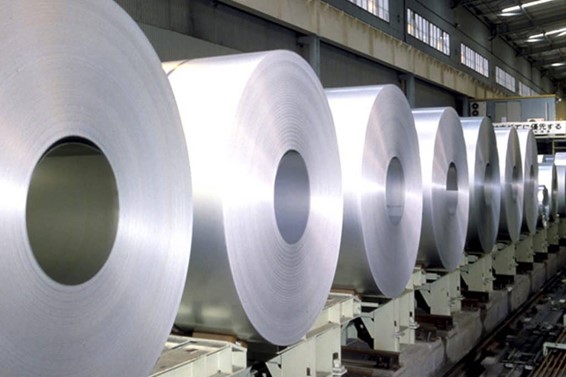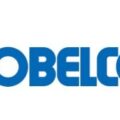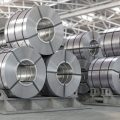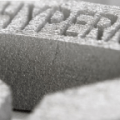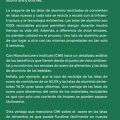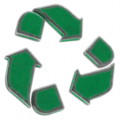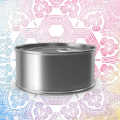JFE Steel announced that it has acquired from Japan’s EPD Program by SuMPO for three products: tinplate, JFE Universal Brite (rolled steel sheet) and tin-free steel. This is the first time the company has had the EcoLeafe or any new product.
In Japan, EcoLeaf is the system applied for the disclosure of the environmental impact of products. The system allows consumers to objectively assess the environmental impact of products based on data verified by manufacturers through third-party testing and verification, and at the same time to obtain quantitative data on annual or rolling emissions.
EcoLeaf-enabled data visualization will increase the transparency of the environmental impact of JFE products. JFE Steel’s tinplate, rolled steel sheets, tin-free steel sheets, including those for beverage and food cans, are essential materials that support everyday life in a variety of environments. In addition, they offer excellent recyclability of up to 94% for steel cans, allowing their steel material to be reused again and again in other products.
Furthermore, the environmental impact per unit of steel in manufacturing is extremely lower than that of other materials, and therefore steel is an essential material for the realization of a sustainable society. In the future, JFE Steel intends to use the EcoLeaf certification of its various products to promote global environmental conservation initiatives by customers, as well as to strengthen transparent communications with customers.
Japanese parent company JFE presented its environmental vision for the JFE Group in 2050. As part of a much broader initiative to achieve carbon neutrality by 2050, the group is actually adding to its initiatives to reduce CO2 emissions by more sustainable products. JFE Steel, in addition to reducing its own direct co2 , is committed to contributing to a more sustainable world by supplying environmentally friendly and high standard steel products.

